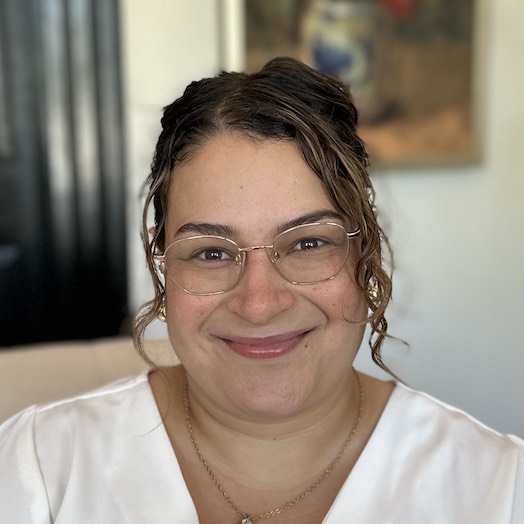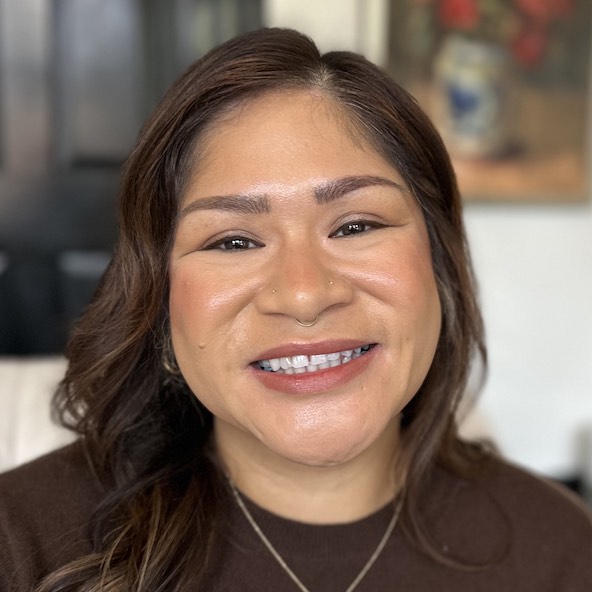
Anger is usually viewed as a negative emotion, but it can also be a powerful one when used productively. Anger is a natural feeling, one that signals when boundaries have been crossed, highlights unmet needs, and can even enhance problem-solving. However, the key to making anger work for you rather than against you is learning to channel it in a non-destructive manner.
Let’s explore a few realistic, effective strategies for managing anger in ways that promote self-awareness, healthier relationships, and positive behaviors.
Understanding the Purpose of Anger
As mentioned briefly, anger is not an inherently “bad” emotion just because it’s a negative one. Everybody gets angry, and that response in us serves several important functions:
- Boundary Protection: When you feel anger, it may indicate that someone has disrespected you, your limits, or your values.
- Emotional Insight: It can help you recognize unresolved issues or unfair treatment.
- Problem-Solving Motivation: Anger can drive you to address injustices or find better solutions.
- Action for Change: Many historical and personal changes have been driven by anger that was then directed toward positive outcomes.
The challenge lies in how you respond to anger. Letting it stir you into impulsive reactions can lead to negative consequences, and suppressing it entirely can lead to resentment, stress, and physical health ailments (like grinding teeth or ulcers). Instead, it’s important to harness and direct your anger constructively.
Pause Before Reacting
Anger can flare up fast, and your first instinct may be to lash out or act right away. But, before you explode into a fit of rage, pause for a moment. It’s okay to feel anger building, but try to take a few deep breaths or count to ten so that your brain has time to reset into a more thoughtful, capable state of mind.
Try this:
- Take slow, deep breaths (inhale for four seconds, hold for four, and exhale for four).
- If possible, step away from the situation for a few minutes to clear your mind.
- Remind yourself that you control your response, even if you can’t control the situation or how you feel about it deep down inside.
Identify the Root Cause
Ask yourself: “Why am I angry?” Is it because of something happening right now, or is it tied to other frustrations you’re carrying along? Recognizing the root cause can help you address the real issue rather than just reacting to the trigger.
Consider:
- Is a personal boundary being crossed?
- Am I feeling unheard or disrespected?
- Is my anger masking another emotion, like sadness or fear?
It’s not uncommon to walk around angry all day, only to have one small incident make you see red. Remember, though, that one small incident isn’t the cause of all of your frustrations, it simply tipped you off to the fact you’re feeling upset.
Use Physical Activity to Release Tension
Anger activates your body’s fight-or-flight response, which increases adrenaline levels. Engaging in physical activity can help release pent-up energy in a healthy way.
Some effective ways to channel anger physically include:
- Going for a brisk walk or run
- Practicing yoga or stretching to calm your nervous system
- Hitting a punching bag or engaging in strength training
- Participating in an activity that requires focus, like swimming or dancing
Sometimes, listening to loud, aggressive music in the car on your way home from work is enough. The point is, the activities you choose for relief should be up to you. Go with what feels best.
Express Anger Constructively
Try practicing assertive communication rather than letting your anger drag you down. This means expressing how you feel in a clear, respectful way.
Use “I” statements, such as: “I feel frustrated when I’m interrupted because it makes me feel unheard.” Instead of: “You never listen to me! You’re so rude.”
Setting boundaries is also a must. For example, if someone consistently disregards your needs, calmly stating “I need to be spoken to with respect, or I will remove myself from this conversation” helps establish firm but respectful limits. If the other individual becomes irate or combative, stick to your word and exit to safety.
Channel Anger into Problem-Solving
Instead of dwelling on the frustration, ask yourself: What can I do about this? Let’s say you’re angry about a work issue, can you propose a solution or speak with a supervisor?
If you’re upset with a friend, can you schedule a time to talk calmly? If anger is tied to a larger injustice, can you get involved in advocacy or volunteer efforts?
Redirecting anger toward productive actions helps you regain a sense of control over your thoughts and feelings.
Practice Mindfulness and Relaxation Techniques
Mindfulness can make it easier for you to observe your emotions without letting them take over. Some useful techniques include:
- Meditation: Sit quietly, focus on your breath, and let your emotions pass without judgment. Don’t worry too much about clearing your mind or focusing on a specific mantra if that’s challenging. Simply take time to sit in a still, quiet place where you can check in with yourself.
- Progressive Muscle Relaxation: Tense and relax different muscle groups to release physical tension.
- Visualization: Picture a peaceful place or a positive resolution to your conflict.
Over time, these mindfulness practices can help you become less reactive and more intentional in your responses to anger-inducing stimuli.
Know When to Seek Support
If your anger feels overwhelming or it’s impacting your relationships, work, or mental health, seeking support might. A therapist can help you develop strategies that will appropriately align with your situation and unique personality.
Some signs you might benefit from professional support:
- You frequently feel out of control when angry.
- Anger leads to damaging behaviors (yelling, aggression, breaking things).
- You have trouble letting go of resentment or past conflicts.
There’s no shame in asking for help. Therapists provide dedicated mental health services in a judgment-free environment.
Anger is not your enemy, even though it may feel that way sometimes. When managed well, it can be a powerful tool for gaining self-awareness, setting boundaries where you actually need them, and generating positive change. The key is to respond thoughtfully instead of emotionally.
By pausing before you react, being aware of what’s triggering your anger, redirecting your pent-up energy, expressing yourself assertively, and seeking support when you need it, you can harness anger in ways that improve your life instead of disrupting it.
If you feel you’d benefit from working with a dedicated therapist, please contact our office at your convenience and book an appointment with us.

























